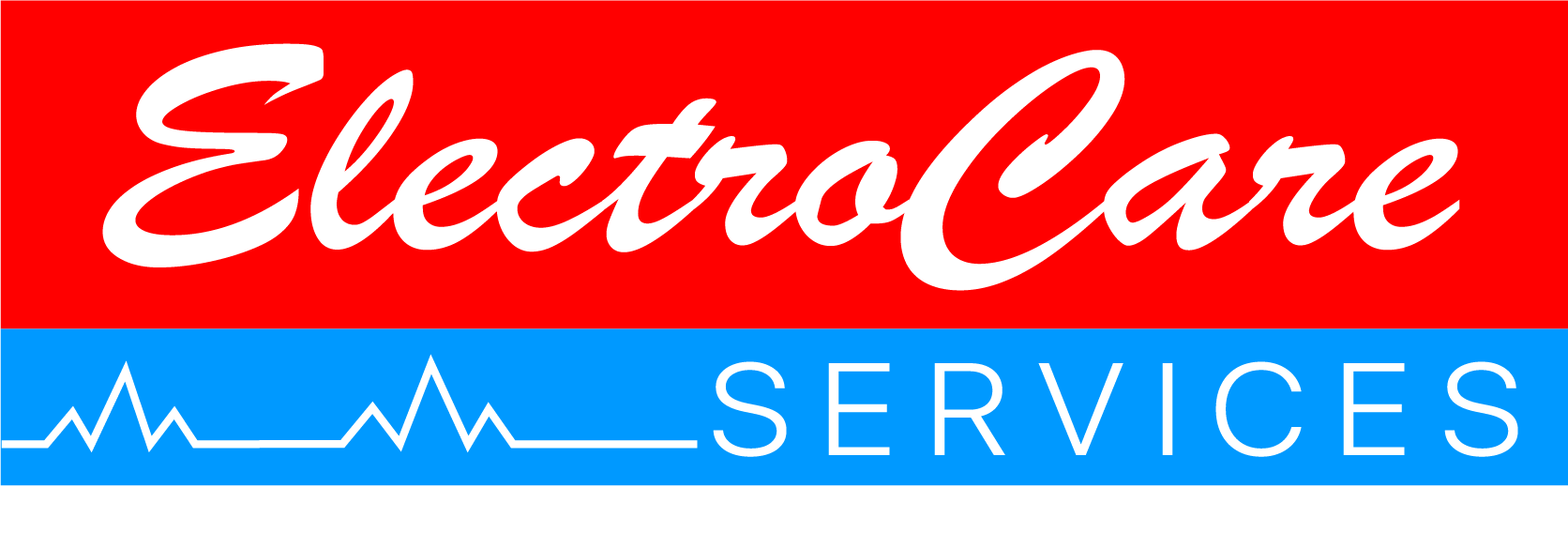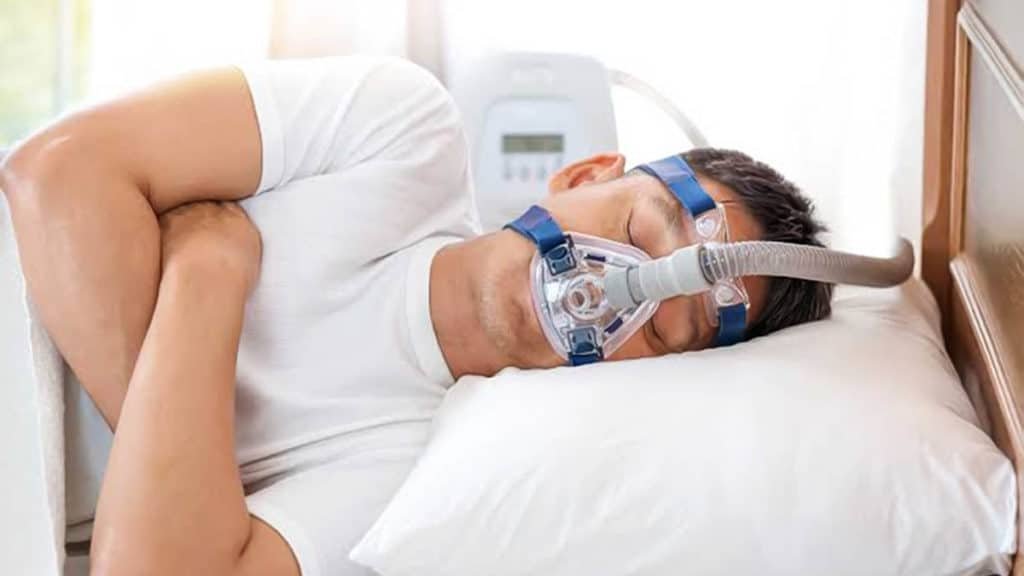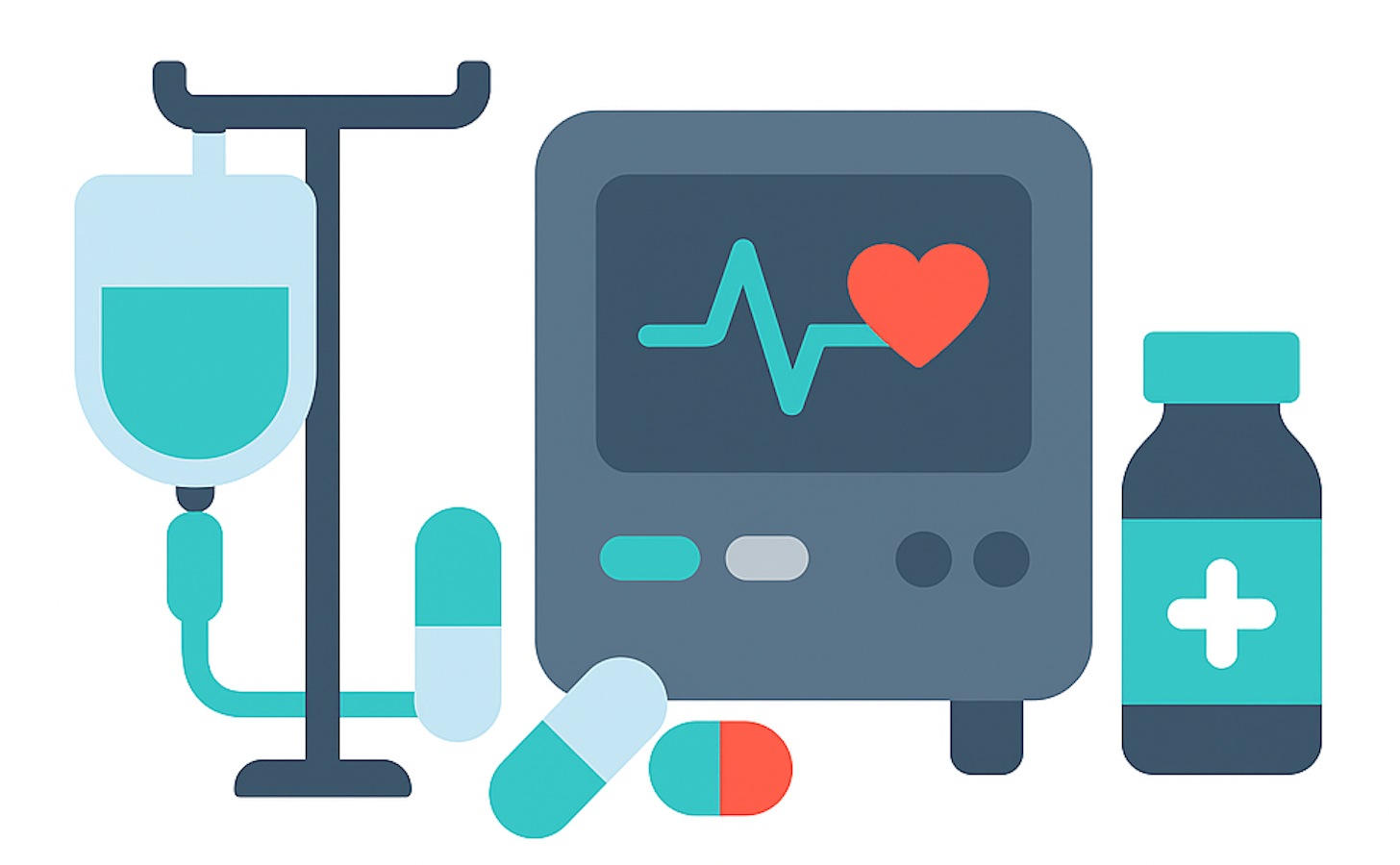Are You Snoring? Get a CPAP Machine
Introduction
Snoring can be more than just a nighttime nuisance; it can be a sign of a serious health condition known as obstructive sleep apnea (OSA). If you or someone you know snores frequently and experiences disturbed sleep, it may be time to consider using a Continuous Positive Airway Pressure (CPAP) machine. This guide will explain what a CPAP machine is, how it works, and how it can significantly improve your health and quality of life.
Understanding Snoring and Sleep Apnea
- What Causes Snoring?:
- Snoring occurs when the flow of air through the mouth and nose is partially blocked during sleep.
- This obstruction causes the surrounding tissues to vibrate, producing the familiar snoring sound.
- What is Obstructive Sleep Apnea (OSA)?:
- OSA is a serious sleep disorder where the airway repeatedly becomes blocked, limiting the amount of air that reaches your lungs.
- It causes breathing to stop and start repeatedly during sleep, leading to fragmented sleep and lower blood oxygen levels.
- Symptoms of OSA:
- Loud and chronic snoring.
- Episodes of stopped breathing during sleep.
- Gasping or choking sounds.
- Excessive daytime sleepiness.
- Morning headaches.
- Difficulty concentrating.
How a CPAP Machine Can Help
- What is a CPAP Machine?:
- CPAP stands for Continuous Positive Airway Pressure.
- It is a device used to treat OSA by delivering a constant stream of air through a mask, keeping the airway open during sleep.
- How Does a CPAP Machine Work?:
- The machine consists of a motor that generates airflow, a hose that carries the air, and a mask that delivers the air to your nose and/or mouth.
- The steady air pressure prevents the airway from collapsing, allowing for uninterrupted breathing and a restful night’s sleep.
- Benefits of Using a CPAP Machine:
- Improved Sleep Quality: CPAP therapy helps you achieve deeper, more restorative sleep by preventing interruptions in breathing.
- Increased Daytime Alertness: Better sleep leads to reduced daytime sleepiness and improved concentration and productivity.
- Lower Risk of Health Issues: Effective treatment of OSA reduces the risk of heart disease, stroke, high blood pressure, and diabetes.
- Enhanced Mood and Mental Health: Consistent sleep can improve mood, reduce irritability, and lower the risk of depression.
- Overall Health and Wellbeing: Better sleep and reduced health risks contribute to a higher quality of life and overall wellbeing.
Choosing the Right CPAP Machine
- Types of CPAP Machines:
- Standard CPAP: Delivers a continuous, steady stream of air at one fixed pressure.
- Auto CPAP (APAP): Automatically adjusts the air pressure throughout the night based on your breathing patterns.
- Bi-level PAP (BiPAP): Provides two levels of pressure: a higher pressure for inhalation and a lower pressure for exhalation.
- Choosing the Right Mask:
- Nasal Mask: Covers the nose and is suitable for those who breathe through their nose.
- Full-Face Mask: Covers both the nose and mouth, ideal for those who breathe through their mouth or have nasal obstructions.
- Nasal Pillow Mask: Inserts into the nostrils, offering a minimal and lightweight option.
- Features to Consider:
- Humidifier: Adds moisture to the air to prevent dryness and irritation.
- Ramp Feature: Gradually increases air pressure to help you fall asleep more comfortably.
- Noise Level: Look for a quiet machine to minimize sleep disruption.
- Portability: Consider a compact and lightweight machine if you travel frequently.
Getting Started with CPAP Therapy
- Consult a Healthcare Provider:
- If you suspect you have OSA, consult a healthcare provider for a sleep study and proper diagnosis.
- Your doctor will prescribe the appropriate CPAP machine and settings based on your needs.
- Set Up and Use:
- Follow the manufacturer’s instructions for setting up and using your CPAP machine.
- Ensure a proper fit for the mask to maximize comfort and effectiveness.
- Maintenance and Care:
- Regularly clean the mask, hose, and water chamber to prevent infections and ensure optimal performance.
- Replace filters and other parts as recommended by the manufacturer.
Conclusion
Snoring might seem like a harmless annoyance, but it can be a sign of a serious health condition. If you or someone you know is experiencing chronic snoring and disrupted sleep, it may be time to consider a CPAP machine. By providing continuous airflow and preventing airway collapse, a CPAP machine can significantly improve sleep quality, reduce health risks, and enhance overall wellbeing. Consult a healthcare provider today to explore CPAP therapy and take a crucial step towards better health and restful sleep.



